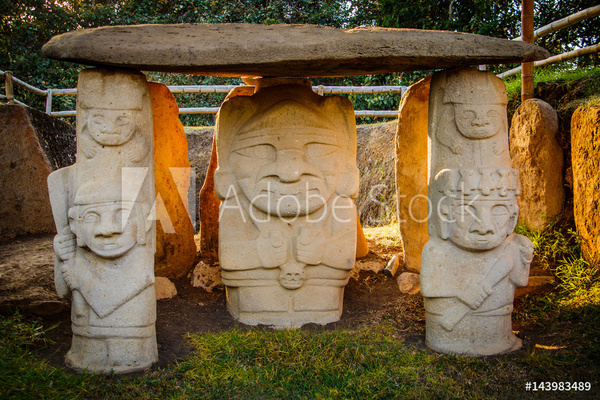Retos autonómicos para pensar la paz y los pueblos indígenas en Colombia
Barra lateral del artículo

Cómo citar
Detalles del artículo
Se solicita a los autores que diligencien el documento de cesión de derechos de autor sobre el artículo, para que sea posible su edición, publicación y distribución en cualquier medio y modalidad: medios electrónicos, CD ROM, impresos o cualquier otra forma, con fines exclusivamente científicos, educativos y culturales
- La obra pertenece a UNIMINUTO.
- Dada la naturaleza de UNIMINUTO como Institución de Educación Superior, con un modelo universitario innovador para ofrecer Educación de alta calidad, de fácil acceso, integral y flexible; para formar profesionales altamente competentes, éticamente responsables y líderes de procesos de transformación social, EL CEDENTE ha decidido ceder los derechos patrimoniales de su OBRA, que adelante se detalla para que sea explotado por ésta
- El querer de EL CEDENTE es ceder a título gratuito los derechos patrimoniales de la OBRA a UNIMINUTO con fines académicos.
Biografía del autor/a
Claudia Carrión Sánchez, Centro de Educación para el Desarrollo —CED— de la Corporación Universitaria Minuto de Dios
Magíster en Estudios Latinoamericanos de la Universidad Nacional Autónoma de México-UNAM, docente investigadora del Centro de Educación para el Desarrollo —CED— de la Corporación Universitaria Minuto de Dios.
Contenido principal del artículo
Resumen
En el actual proceso de negociaciones se propone por parte de la Comisión Étnica para la Paz y la Defensa de los Derechos Territoriales construir el Capítulo Étnico especial, incluido en el punto seis del Acuerdo General para la terminación del conflicto y la construcción de una paz estable y duradera, que permita fortalecer la idea que tienen las comunidades negras, room e indígenas de Colombia sobre la autonomía como forma de distribución del poder y forma de gobernarse, ya que el respeto a esta forma de gobierno propio implica la idea de una paz duradera. Es por esto que este artículo de reflexión presenta argumentos de un trabajo de investigación realizado sobre lo que se ha hecho en materia de autonomía indígena en Colombia, pero sobre todo cuál ha sido la lucha de las comunidades indígenas por encontrar en el país interlocutores.




